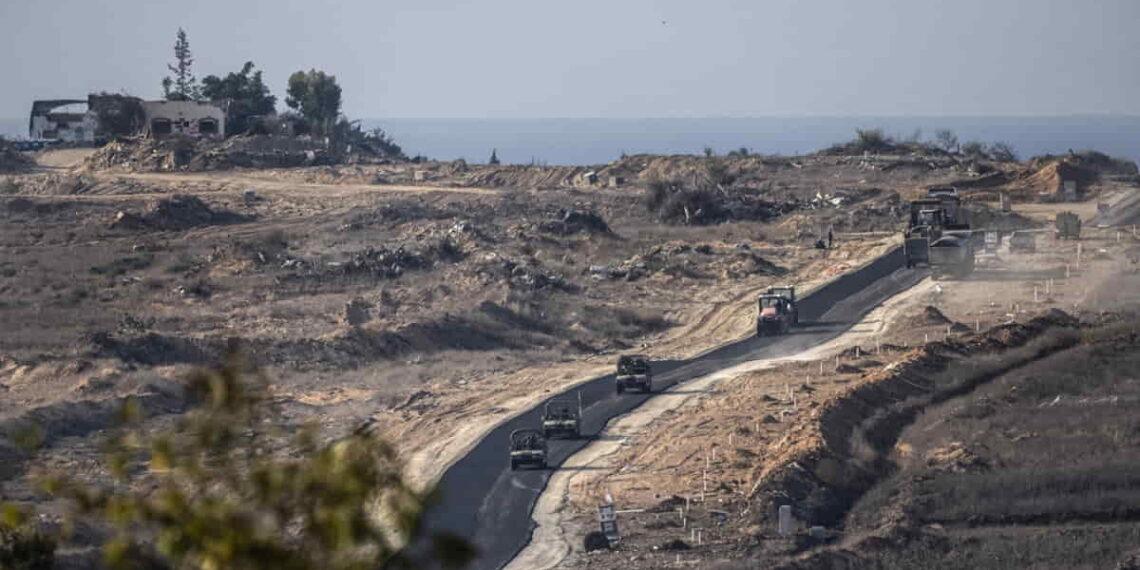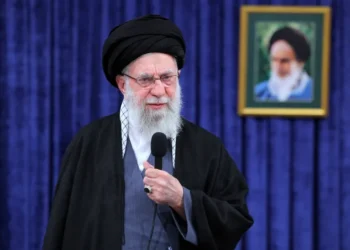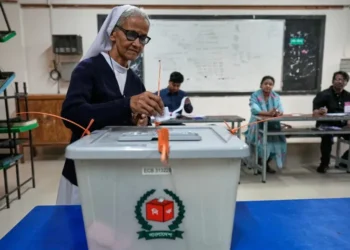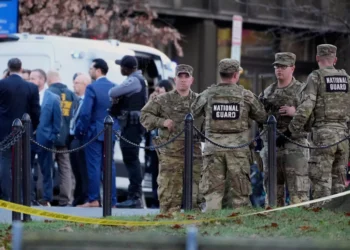Hamas and Fatah Near Agreement on Postwar Gaza Administration
Palestinian officials have announced that Fatah and Hamas are close to reaching an agreement on forming a committee of politically independent technocrats to govern Gaza after the war. This move would effectively end Hamas’ rule over the region and could help push forward ceasefire negotiations with Israel.
The two factions, which have been at odds since Hamas took control of Gaza in 2007, have made several unsuccessful attempts at reconciliation. Israel, meanwhile, has ruled out any future role for either Hamas or Fatah, which leads the Palestinian Authority and is backed by Western powers.
A Palestinian Authority official confirmed on Tuesday that a preliminary agreement had been reached following weeks of talks in Cairo. The committee would consist of 12 to 15 members, most of whom would be from Gaza. The committee would report to the Palestinian Authority, based in the Israeli-occupied West Bank, and coordinate with local and international groups to oversee humanitarian aid and reconstruction efforts.
A Hamas official added that while the general terms of the agreement had been settled, some details and the identities of committee members are still under discussion. The final agreement is expected to be announced after a meeting of all Palestinian factions in Cairo, although no specific timeline has been provided. Both officials spoke on condition of anonymity as they were not authorized to speak to the media.
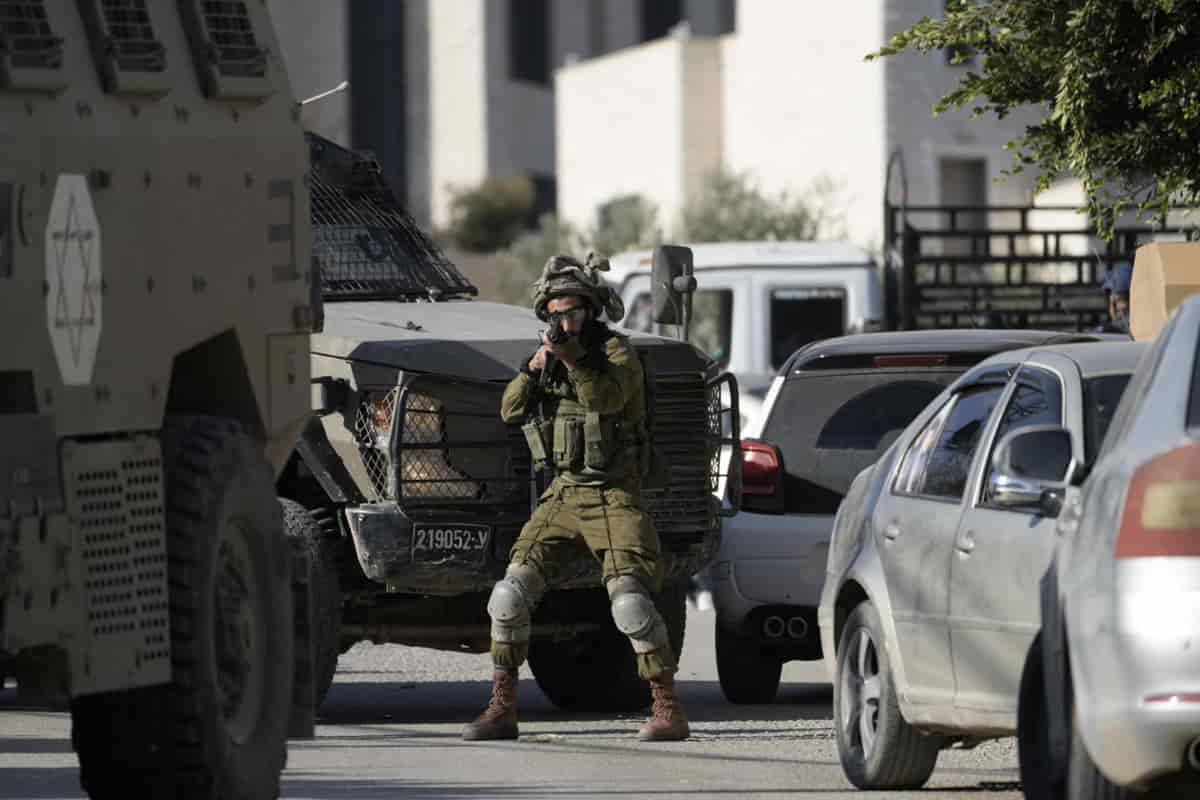
Israeli Prime Minister Benjamin Netanyahu has vowed to continue military operations until Hamas is dismantled and all hostages are returned. He also stated that Israel would maintain long-term security control over Gaza, while local Palestinian administrators unaffiliated with Hamas or the Palestinian Authority would oversee civilian affairs in the region.
No Palestinians have publicly volunteered for such a role, and Hamas has warned anyone cooperating with the Israeli military. The United States has called for the Palestinian Authority to govern both the West Bank and Gaza as part of a future Palestinian state, although Israel opposes the creation of such a state. Israel is reportedly in talks with the United Arab Emirates, a country that normalized relations with Israel in 2020 and supports a rival faction of Fatah.
A Hamas official suggested that the emerging Palestinian agreement would achieve one of Israel’s war goals—ending Hamas’ rule in Gaza—but it is uncertain whether Israeli officials would view the agreement in this way.
Previous attempts at unity between the Palestinian Authority and Hamas have failed, often due to power struggles between the two factions. There is also opposition to the current talks within Fatah. Jibril Rajoub, secretary-general of Fatah’s central committee, criticized the agreement, calling it a “mistake” to even discuss such an arrangement. He argued that it would only deepen the division between Gaza and the West Bank and that Hamas should allow the Palestinian Authority to retake control of Gaza.
The Palestinian Authority, which governs parts of the West Bank, cooperates with Israel on security matters, a policy that is unpopular among many Palestinians who see it as collaboration with the Israeli occupation. Israel has criticized the Palestinian Authority for not doing enough to combat militancy or prevent incitement.
According to the Hamas official, the committee would take over Gaza’s administration once a ceasefire with Israel is agreed upon. U.S. and Arab mediators have been working on securing such a ceasefire for nearly a year, but talks have stalled multiple times.
Hamas sparked the war on October 7, 2023, when it launched an attack on Israel, killing around 1,200 people—mostly civilians—and taking around 250 hostages. Israel’s retaliation has resulted in over 44,000 Palestinian deaths, many of them women and children, according to local health authorities. The conflict has also displaced most of Gaza’s 2.3 million residents.
This article was rewritten by JournosNews.com based on verified reporting from trusted sources. The content has been independently reviewed, fact-checked, and edited for accuracy, neutrality, tone, and global readability in accordance with Google News and AdSense standards.
All opinions, quotes, or statements from contributors, experts, or sourced organizations do not necessarily reflect the views of JournosNews.com. JournosNews.com maintains full editorial independence from any external funders, sponsors, or organizations.
Stay informed with JournosNews.com — your trusted source for verified global reporting and in-depth analysis. Follow us on Google News, BlueSky, and X for real-time updates.
